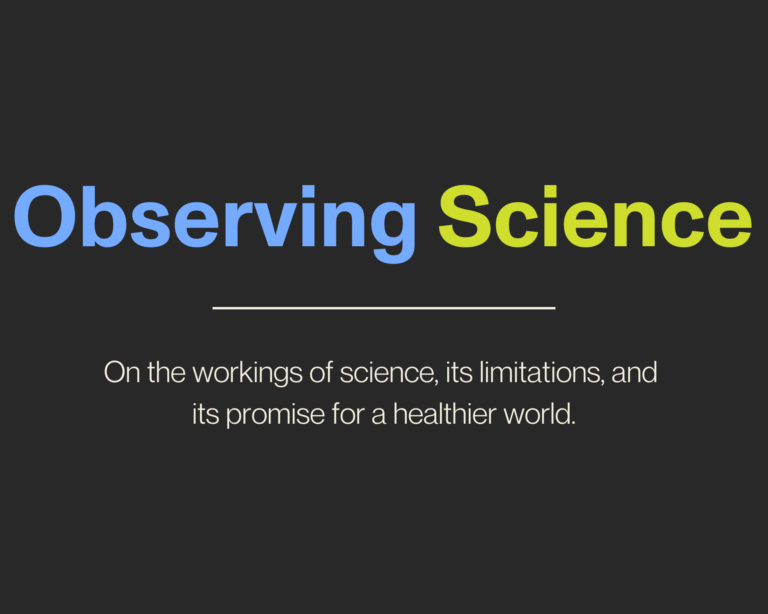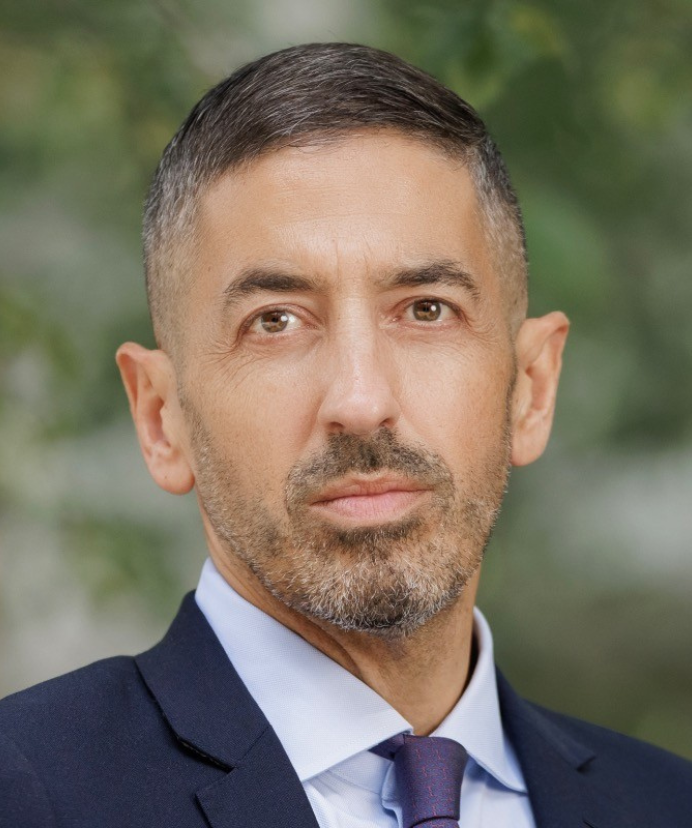Scientific Storytelling
On the power of storytelling and how scientists can translate their work into stories that both inform and persuade.

Read Time: 4 minutes
Published:
The divergence between the world of scientific exposition and the world of storytelling remains a challenge to the dissemination of science. When scientists are at work—experimenting, interrogating data—we are not immersed in stories and a conversational world where one person tells another that something happened. Rather, we speak to ourselves: in hypotheses, hunches, numbers, symbols, technically, using operations performed with specialized equipment, sometimes in other (i.e., computer) languages. Scientists do not typically tell stories but address empirical questions of whether or how much. Scientists, quantifying testable hypotheses, do not trade in stories. But perhaps we should.
Stories, told effectively, can be disproportionately powerful and hard to contest. A mother’s story of her son’s leukemia that she blames on electromagnetic exposure from the nearby power plant can be authoritative. Why? Because citizens often feel wronged, powerless against forces beyond their control, so they identify with those perceived as victims suffering. Because each of us is emotionally drawn to unique cases, and a child with leukemia is, fortunately, a rarity; memorable stories contain the unexpected. Because this leukemia story seems like the revelation of a secret, and this mother is offering terrible private news that her child is sick. Because everyone prefers not to blame misfortune on randomness, and surely there is someone to blame.
A statistical summary of the scientific evidence concerning the safety of living near an electromagnetically-radiating nuclear plant feels far less persuasive than the testimony of one disheartened and angry parent. Even scientists who have statistics on their side raising doubts about the causes of leukemia, who testify beautifully, are unconvincing when compared to a single story of suffering because they are suggesting, even promoting, the absence of a story.
[T]he scientist-narrator has to address how our work matters, as well as how much.
When we speak publicly about our work, scientists enter the world of stories, but at a disadvantage. Our presentations are often overly structured. We begin with results, move on to implications, and occasionally go back to how the work was done and why the methods matter. Storytelling has a different sequence, follows different conventions: a beginning, middle, and end, often interrupted by digression.
The goal of scientific presentation is to inform, to drive action, and if possible, change behavior, change policy. Stories, too, are used to share information, but perhaps more importantly to help the speaker recount events, understand their thoughts and feelings, share emotions, and sometimes to persuade. The listener will bear witness, but is not being asked to act, to make the world or themselves better. Stories (in science lingo) are case reports—deep, biased, personal; here is what happened to my son; I will explain to you how I am. As scientists, on the other hand, we do not announce what happened to us, but around us, repeatedly and consistently under our watch, reliable evidence instead of personal testimony.
How then might we scientists translate our work into stories that are surprises, that reveal secret workings of chemistry, or our bodies, or conditions of the world we thought we knew? Perhaps, sometimes, there is a way. Scientific presentations that start with results derived from a large number of observations should move quickly to the implications of these results, presented as anecdotes. Maybe not one person’s story, but a series of relevant and representative stories that might be related to the population under study, best if tied to a place, for all stories are local. For example: here is how measles affected Barbara and Marcus, and if they’d been vaccinated, they wouldn’t have gotten sick. Scientific stories can have contexts and interpretations and themes as human stories do. But such tellings can only come from the recognition that to inform and persuade, the scientist-narrator has to address how our work matters, as well as how much.
Previously in Observing Science: Can Science Be Scaled?




